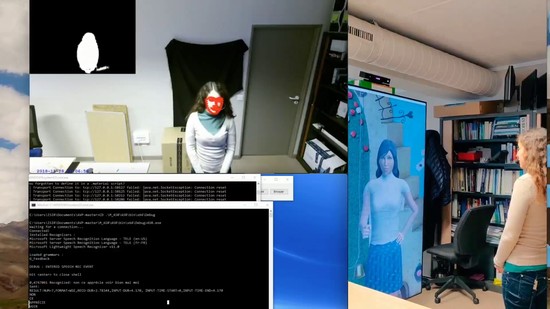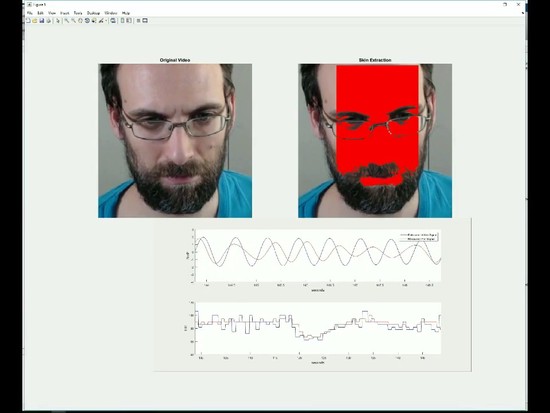Chen Wang
Phd Candidate of Affective Computing
Computer Vision and Mulitmedia Laborotary, University of Geneva
Biography
Chen Wang is a Ph.D candidate of affective computing at the Computer Vision and Multimedia Lab. Her research focuses on how to recognise human impressions automatically from non-verbal cues, such as facial expressions, gestures and physiological signals. She is particularly interested in the use of multimodal and physiological measures for improving human-human and human-computer interactions.
Interests
- Artificial Intelligence
- Multimodal Interaction
- Physiological Signal Processing
- Human-computer interaction
Education
-
PhD in Affective Computing, 2020
University of Geneva
-
MSc in Multimedia Signal Processing, 2016
Royal Institute of Technology
-
MSC in Digital Medial Technology, 2015
Delf University of Technology
-
BSc in Information Technology, 2013
Central China Normal University

